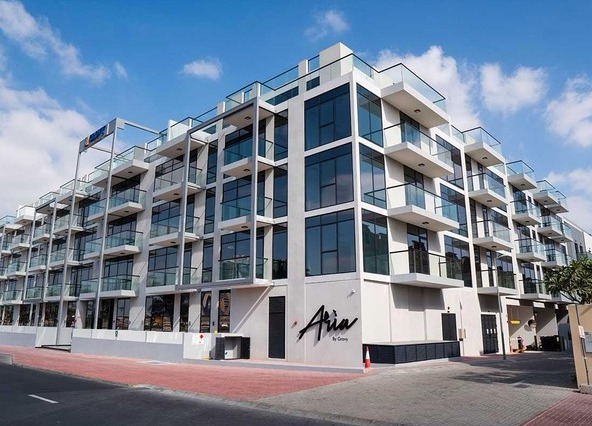Many expats and Europeans were hesitant to buy property in the Middle East a few years ago. Middle Eastern countries, particularly Dubai, have now become popular selections for property buyers. Many expats opt to buy a home in Dubai rather than elsewhere in the world. Dubai Marina, Palm Jumeirah, Jumeirah Lakes Towers (JLT), Downtown Dubai, Business Bay, and new developments like Emaar Beachfront are the most popular investment regions.
House prices in Dubai increased by 21% in late 2021, and international demand is expected to increase much more this year. This could be an ideal opportunity for many expats or foreign investors to invest in real estate in the country as a passive income stream.
However, as with any other real estate investment, one of the most important problems you’ll have to address is how you’ll pay for it. This is where the possibility of obtaining a home loan mortgage in Dubai comes into play. But, before you go any further, there are three things you should know about financing a house.
Your Borrowing Limit is Determined by Your Residence and Homeownership Status:
One of the things you’ll examine when thinking about how to finance a property as an expat is your loan limit. This will determine the amount of money you’ll need for a down payment.
As an expat, your maximum borrowing limit is 80 percent of the property’s worth, although UAE nationals can borrow up to 85 percent. This, however, depends on a number of criteria, including your income, credit score, and the value of the property you want to finance.
For example, houses worth more than AED 5 million usually have a maximum LTV value of 75 percent for Dubai locals and 70 percent for expats.
Learn about the various types of mortgages available:
Expats in Dubai can easily obtain various forms of house loan mortgages to assist them finance their property objectives. It is important that you spend some time researching the various types of financing accessible to you before making a property financing selection. In the UAE, you can apply for a fixed-rate or variable-rate mortgage. Variable-rate mortgages typically have a 5-year term, whereas fixed-rate mortgages often have a 25-year term.
There will be varying interest rates for each option. Mortgage rates have been hovering around 3% recently, but they are expected to rise in the coming year. As a result, many purchasers may be enticed to take out a fixed-rate mortgage due to its predictability. You may also be eligible to receive a preferential mortgage if you currently own a home and want to buy another one as a second home or for investment purposes, you may be able to get a preferential mortgage deal.
“This number has now calmed down with primarily new consumers coming into the market,” says the co-founder of Holo. If you already have a mortgage and want to take out a second or refinance, your loan-to-value ratio will be 65 percent for Emiratis and 60 percent for expats.”
Make sure you account for the additional costs of purchasing a home:
Another factor to consider (and one that many homebuyers overlook) is the higher expenditures associated with purchasing a home in Dubai. The majority of international purchasers prefer to buy freehold properties from developers, which demand a 10% deposit. There are, however, transfer and closing costs to consider. Those buying property in Abu Dhabi or Dubai, for example, must pay a 2% transfer fee to the Dubai Land Department. This is in addition to your real estate agent’s 2% commission. The reason for purchasing a house in Dubai will also have an impact.
Finally, don’t feel rushed when it comes to purchasing a home. Purchasing and financing property in another country can be hard, so it’s always a good idea to take your time learning about your alternatives before taking the plunge. You’ll be off to a good start if you have the necessary information about your financing alternatives while buying a house in Dubai.




